

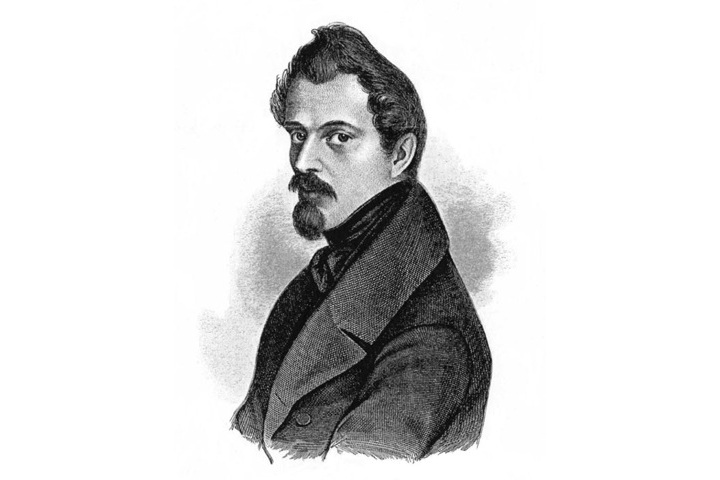
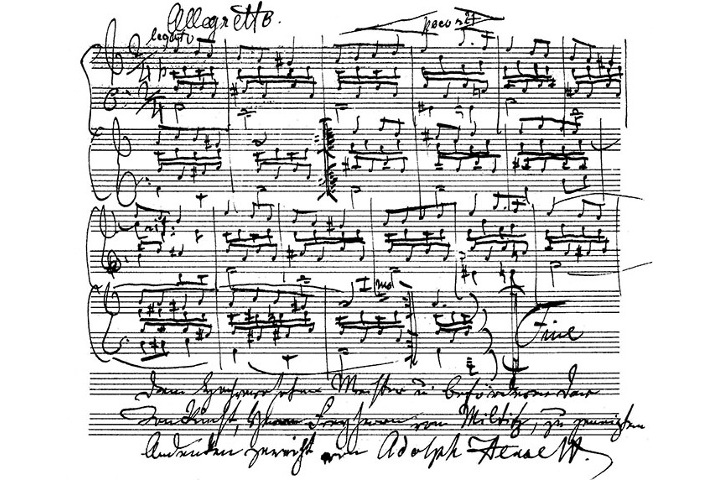
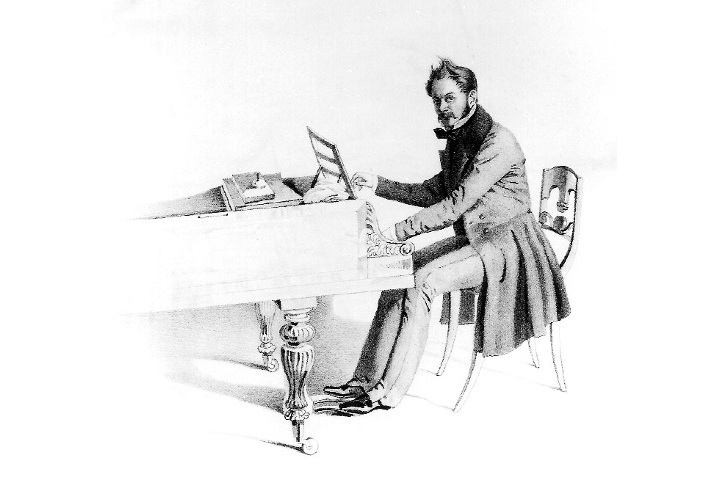
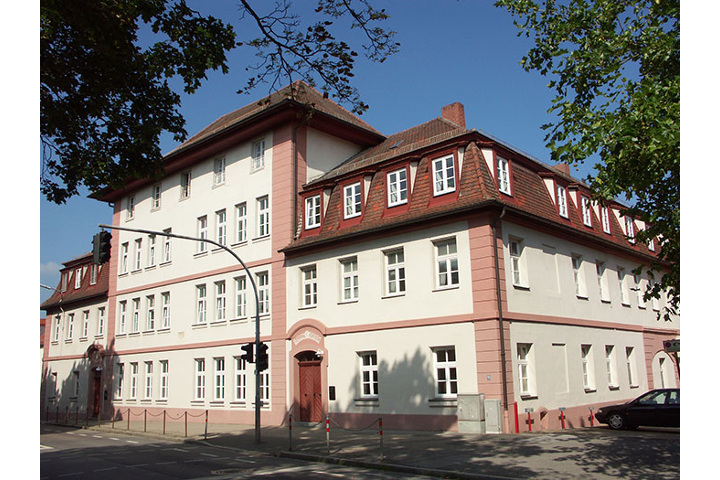
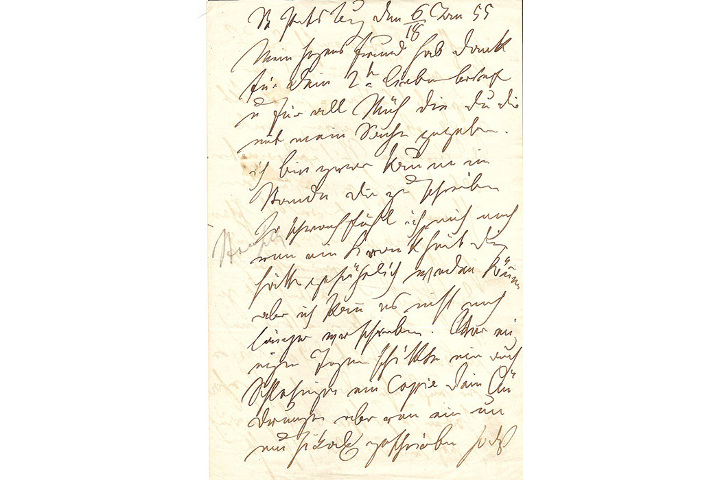
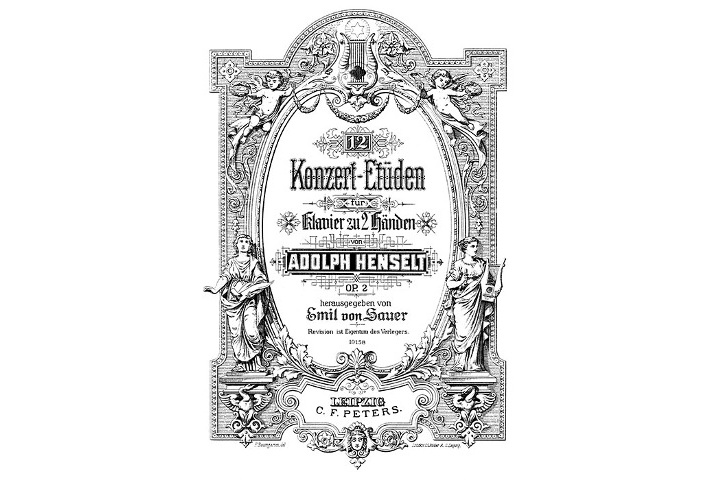
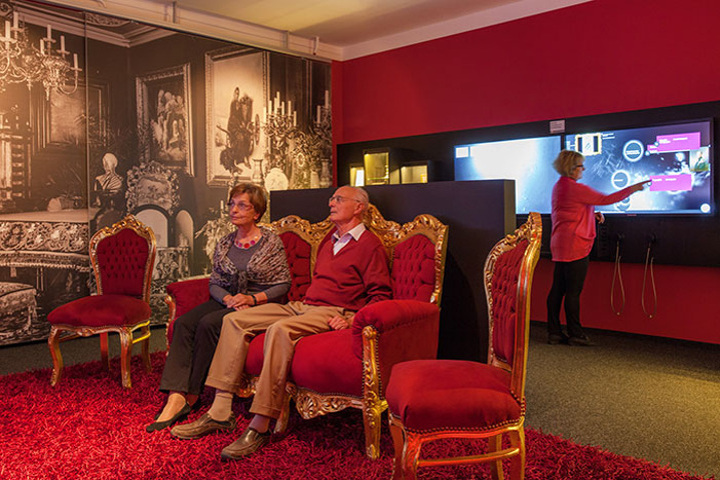
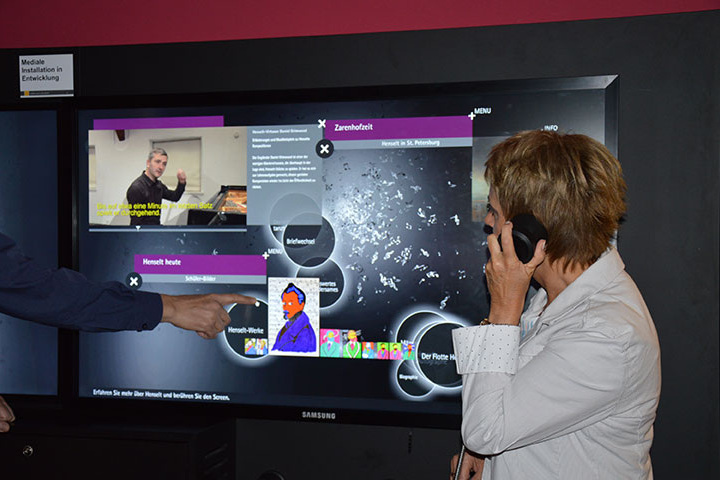
Museumsstraße 1
(Eingang: Dr.-Haas-Straße)
91126 Schwabach
Telefon: +49.9122.860600
Web: www.schwabach.de/stadtmuseum
E-Mail: stadtmuseum@schwabach.de
Mittwoch bis Sonntag und an Feiertagen:
10 bis 18 Uhr
24./25./31.12. und 01.01.:
geschlossen
Eine Dauerausstellung im Stadtmuseum ist dem Schwabacher Klaviervirtuosen und Musikpädagogen Adolph von Henselt (1814 - 1889) gewidmet. In Bild und Klang wird der Künstler dort durch innovative Technologie audio-visuell erlebbar.
Adolph Henselt wurde am 9. Mai 1814 in Schwabach geboren. Der später geadelte Henselt gehörte insbesondere in den 1830er und 1840er Jahren neben Chopin und Liszt zu den angesehensten Klaviervirtuosen seiner Zeit, der Romantik. Insbesondere durch sein Wirken an den Kaiserlichen Erziehungsinstituten in Russland setzte er bedeutsame Impulse durch seine musikpädagogische Tätigkeit.
Im Stadtmuseum befindet sich auch das Henselt-Archiv. Hier werden Unterlagen zu Leben und Werk des Künstlers gesammelt. Inzwischen befinden sich hier ca. 30 Originalbriefe, ca. 560 transliterierte Briefkopien, Original-Notenausgaben, Dokumente und Literatur über Henselt und seine Familie sowie Unterlagen zu den Bereichen Diskographie und Ikonographie. Die Bestände der Sammlung stehen der Forschung zur Verfügung.
In Schwabach findet sich auch die Geschäftsstelle der Internationalen Adolph-Henselt-Gesellschaft, die es sich zur Aufgabe gemacht hat, Henselts Leben und Werk weiter zu erfoschen und Veranstaltungen zu ihm durchzuführen (www.henselt-gesellschaft.de).
Deutschland verfügt über musikalische Traditionen und Nachlässe von außerordentlichem Wert: Händel, Schütz und Bach, Beethoven, Mendelssohn, Schumann, Brahms und Wagner sind - um nur einige Namen zu nennen - weltweit bekannte und geschätzte Komponisten. Ihr Wirken hat eine einzigartige Musiklandschaft wesentlich mitgeformt.
Zahlreiche Orchester, Chöre und Ensembles, renommierte Musikfestivals und -reihen, Musikerhäuser mit Museen, öffentliche Archive und Bibliotheken, aber auch private Sammlungen bewahren ihr musikalisches Erbe.
Diesen unschätzbaren Fundus gilt es immer wieder neu zu beleben und für die Gegenwart zu erschließen. Den in der Arbeitsgemeinschaft Musikermuseen Deutschlands zuusammengeschlossenen Häusern kommt dabei eine wichtige Rolle zu. In ihnen begegnen wir dem Werk von Musikern und Komponisten, die die Kulturnation Deutschland außerordentlich bereichert haben. Über das individuelle Portrait, über die Vermittlung des einzelnen Œuvres hinaus tragen die Musikermuseen aber auch zur Pflege musikalischer Tradition insgesamt bei. Die vorliegende Broschüre unterstreicht diesen Aspekt der Zusammenschau, und sie lädt zu einer Reise in die Musikgeschichte Deutschlands ein. Ich wünsche diesem Reiseführer regen Gebrauch und eine große Resonanz.
Bernd Neumann, MdB
Staatsminister bei der Bundeskanzlerin
Der Beauftragte der Bundesregierung für Kultur und Medien
Zitat: Vorwort zur Broschüre der Arbeitsgemeinschaft "Musikermuseen in Deutschland", 2007.